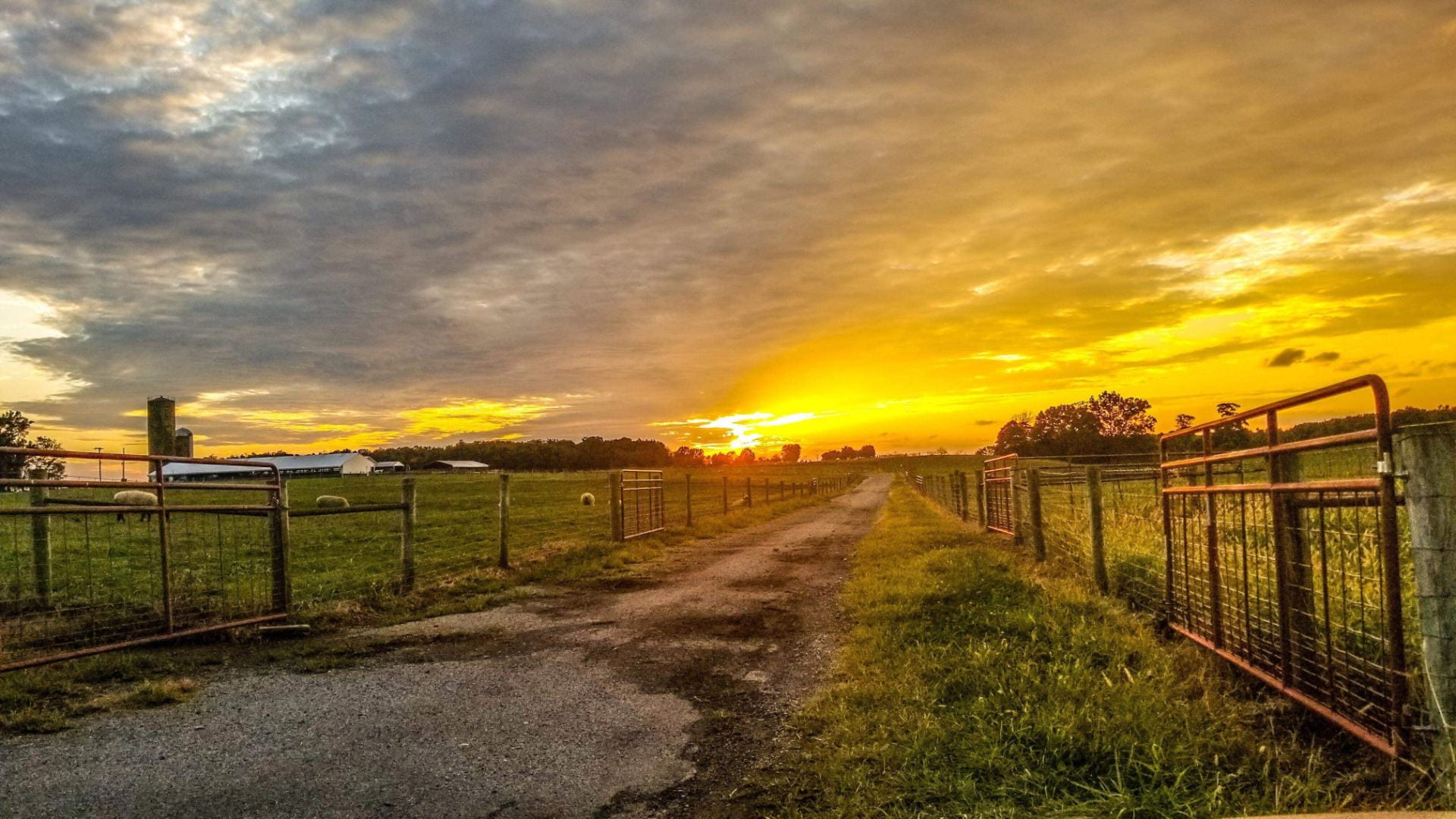Barry Ward, Director, OSU Extension Income Tax School Program; Leader, Production Business Management
Eric Richer, Associate Professor and Field Specialist, Farm Management
John Barker, OSU Extension Educator ANR, Knox County
Amanda Bennett, OSU Extension Educator ANR, Miami County
Farming is a complex business and many Ohio farmers utilize outside assistance for specific farm-related work. This option is appealing for tasks requiring specialized equipment or technical expertise. Often, having someone else with specialized tools perform tasks is more cost effective and saves time. Farm work completed by others is often referred to as “custom farm work” or more simply, “custom work.” A “custom rate” is the amount agreed upon by both parties to be paid by the custom work customer to the custom work provider.
is a complex business and many Ohio farmers utilize outside assistance for specific farm-related work. This option is appealing for tasks requiring specialized equipment or technical expertise. Often, having someone else with specialized tools perform tasks is more cost effective and saves time. Farm work completed by others is often referred to as “custom farm work” or more simply, “custom work.” A “custom rate” is the amount agreed upon by both parties to be paid by the custom work customer to the custom work provider.
Custom rates increased for the majority of field operations in 2024 as compared to surveyed rates in 2022 but the increases did vary by operation. Examples include an increase of 6% for Planting Corn (30 Inch Rows with Fertilizer Application), 5.6% for Harvesting Corn (Combine, Grain Cart, Haul Local to Farm), 21% for Spraying (Self-Propelled Sprayer, Crop Protection Chemicals) and 24% for Field Cultivator.
New field operations in this year’s survey and summary include Continue reading Ohio Farm Custom Rates: 2024


 season approaches, daylight begins to get shorter, and sheep/goats are ready for breeding. The breeding season should be an exciting time for producers because the number of lambs and kids raised and weaned successfully determines the profitability of the operation. Understanding the reproductive system of the animals helps to maximize the breeding season and use resources wisely. This is particularly true for beginning producers who are experiencing their first breeding season. The season of the year is the main determinant for sheep and goat reproduction, with the majority being seasonal breeders that cycle in the fall (their natural mating season) and lamb in the spring. However, some breeds will cycle in the spring and have lambs/kids in the fall.
season approaches, daylight begins to get shorter, and sheep/goats are ready for breeding. The breeding season should be an exciting time for producers because the number of lambs and kids raised and weaned successfully determines the profitability of the operation. Understanding the reproductive system of the animals helps to maximize the breeding season and use resources wisely. This is particularly true for beginning producers who are experiencing their first breeding season. The season of the year is the main determinant for sheep and goat reproduction, with the majority being seasonal breeders that cycle in the fall (their natural mating season) and lamb in the spring. However, some breeds will cycle in the spring and have lambs/kids in the fall.

 composting is an approved method to dispose of livestock mortalities. Advantages include increased biosecurity, timely disposal of mortalities, low risk of environmental contamination, low cost, and relatively simple to do. Composting can be used for occasional mortality, emergency livestock mass casualties, and disease outbreaks.
composting is an approved method to dispose of livestock mortalities. Advantages include increased biosecurity, timely disposal of mortalities, low risk of environmental contamination, low cost, and relatively simple to do. Composting can be used for occasional mortality, emergency livestock mass casualties, and disease outbreaks.